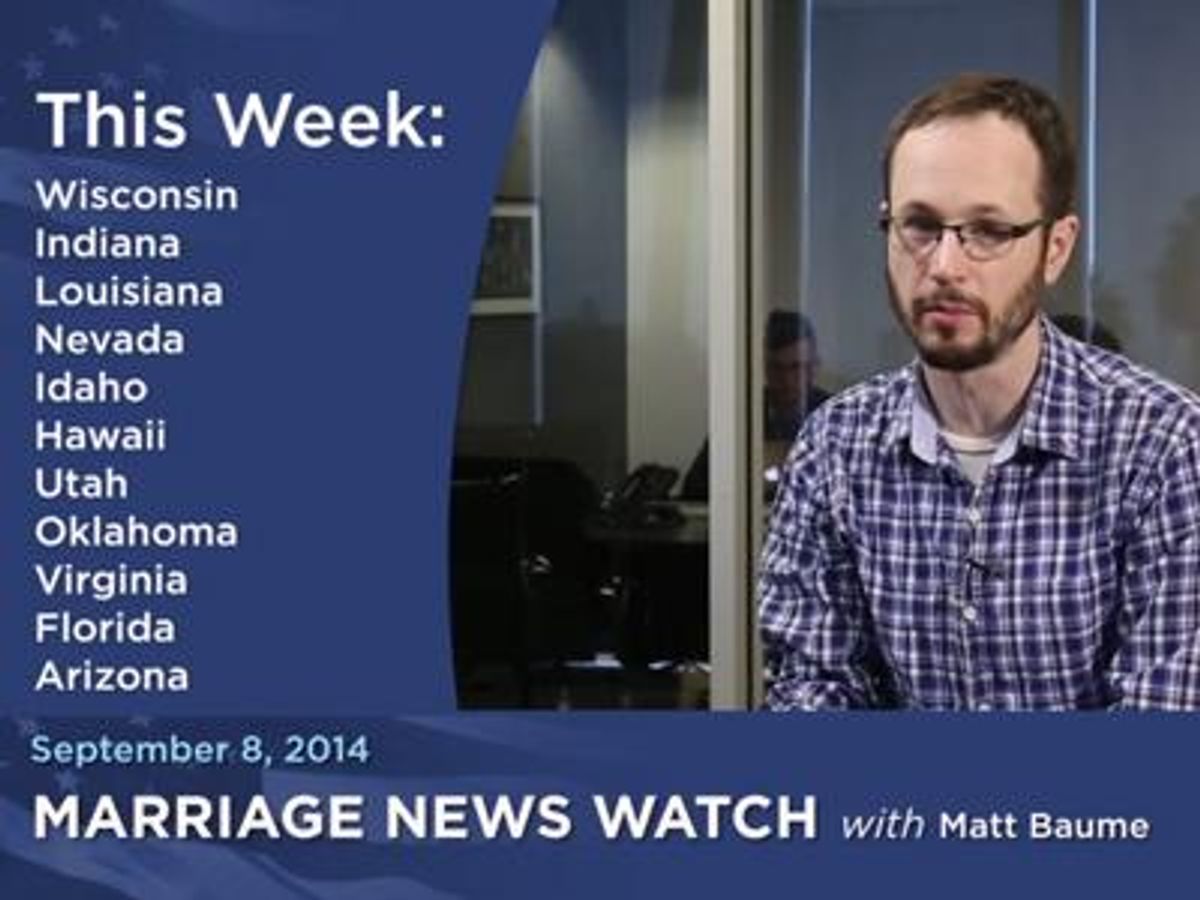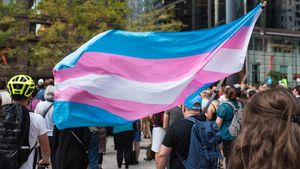After the Supreme Court returns from its summer break at the end of September, it'll have the option of taking up marriage equality cases from three different states. Or possibly five states. Or maybe eight. Or more.
That's because litigation is continuing at a breakneck pace, with cases rocketing from district courts to appellate and then petitioning the Supreme Court for review. The longer the justices are away, the more complex the scramble to reach them becomes.
For now, only three states are fully ready for the Supreme Court's consideration: Utah, Oklahoma, and Virginia.
But with last week's strong victory in Wisconsin and Indiana at the Seventh Circuit, antigay attorneys are furiously preparing a petition to the Supreme Court. That process can take several weeks, so it's unlikely to be ready for the Supreme Court's first conference of the year September 29, also known as "The Long Conference."
The Supreme Court justices, knowing that petitions are in process, might simply decide to give Wisconsin and Indiana the few extra weeks they might need to file their petition.
Hot on the heels of Wisconsin and Indiana, cases are due for a ruling now in Idaho, Hawaii, and Nevada. The Ninth Circuit heard oral argument today, and a ruling could come at any time. The Supreme Court justices could decide to wait for those states' petitions as well.
Yet more cases are moving along in more than a dozen other states, so at some point the Supreme Court will probably have to stop waiting and make a decision about which cases they'll consider -- if any. The Supreme Court could always chose to take none of the cases, thereby letting the appellate victories stand. That wouldn't be as dramatic a victory as a sweeping federal ruling, but it would at least bring marriage to states one federal district at a time.
Get up to speed on the latest race to the nation's high court below:


















































































